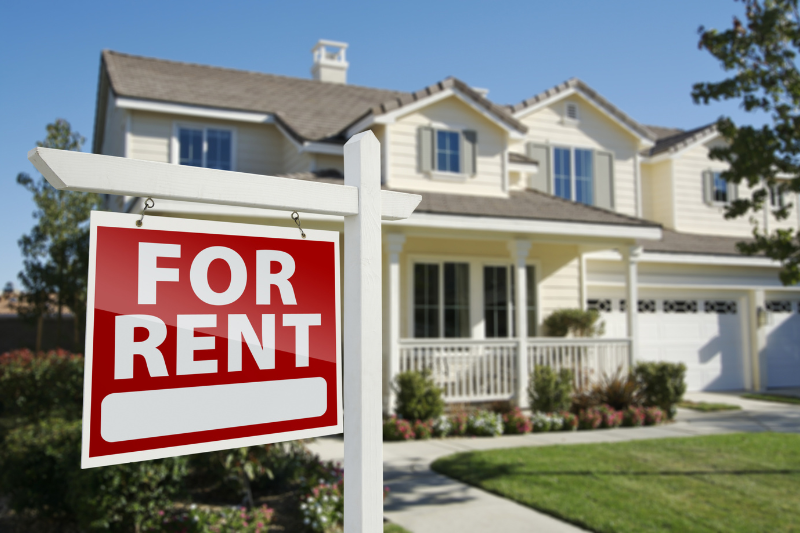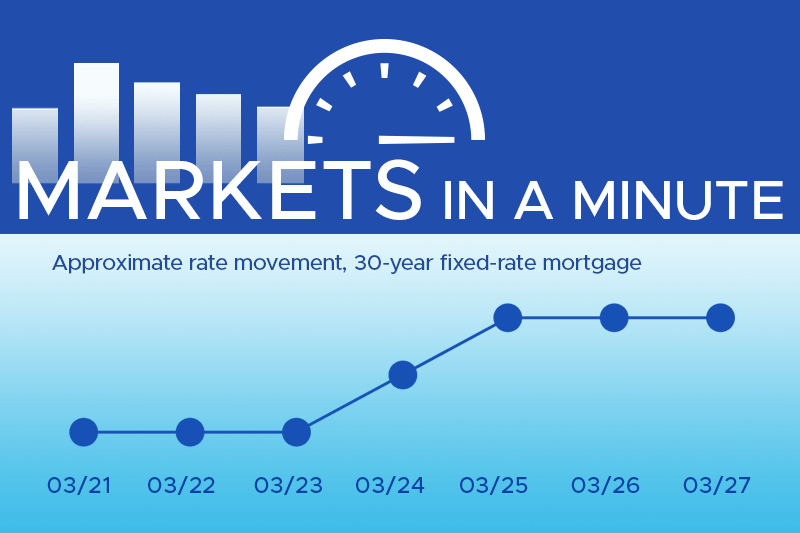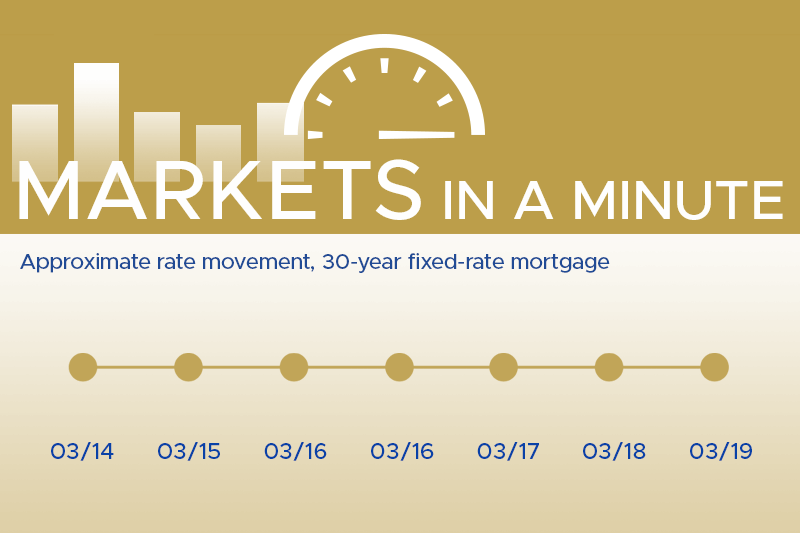At Thompson Kane, we stay ahead of shifting market trends so you don’t have to.…
What’s the Deal with Raising Rent?
Whether tenant or landlord, the issue of rent increases has likely arisen for you. When contemplating a rent increase, consider these factors from both perspectives…
Rising Rent for Tenants
The specific amount a tenant pays for rent is established upon signing the rental agreement and should remain unchanged throughout its duration.
However, when the agreement comes to an end, the landlord or property manager may opt to raise the rent. This is not uncommon and often reflects the escalating costs associated with living in your area. If housing prices are on the rise overall, it is likely that your rent will also increase.
In some cases, landlords impose a limit on the annual rent increase. For instance, they may not raise the rent by more than 10% per year. In certain regions, such restrictions are mandated by rent control laws, which aim to safeguard tenants and prevent exorbitant rent hikes, particularly in high-cost-of-living areas. If you expect that your landlord is likely to raise your rent at the end of your lease term, get ahead of the situation and reach out to the landlord to start the negotiation process early.
Check out this article on what to do if your rent increases!
Rising Rent for the Landlord
When it comes to setting and adjusting rent for your property, you have the flexibility to establish the rate and make changes outside of fixed lease agreements. However, there are important factors to consider before deciding to increase the rent.
Firstly, it’s crucial to research the prevailing rental rates for similar properties in your area. Setting an overly ambitious rent may make it challenging to find tenants who are willing to pay that amount. Without tenants, you won’t generate any rental income. Collaborating with an experienced property manager can provide valuable insights to help you establish a competitive rental rate.
Secondly, have you made any improvements to the property? If you have recently added amenities like a pool, a fenced-in backyard, or other upgrades, you may be justified in increasing the rent. However, it’s important to anticipate that the tenant may choose to vacate and seek a more affordable option, especially if they were not supportive of the improvements.
By carefully considering these factors, you can navigate the process of adjusting rent while maintaining a balanced approach that attracts tenants and preserves a positive landlord-tenant relationship.





